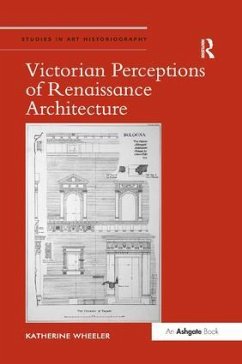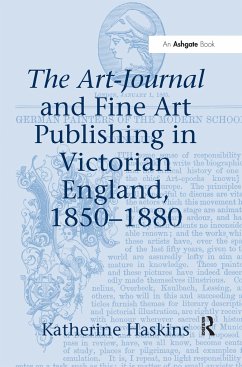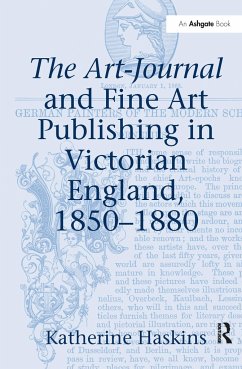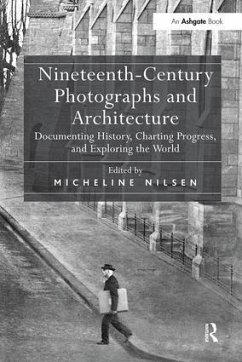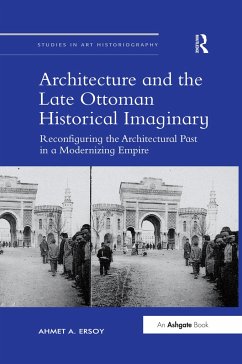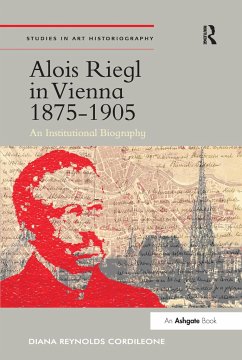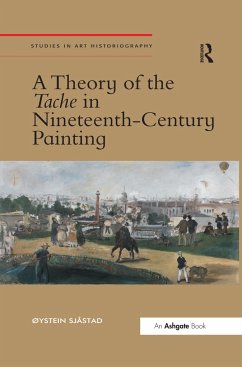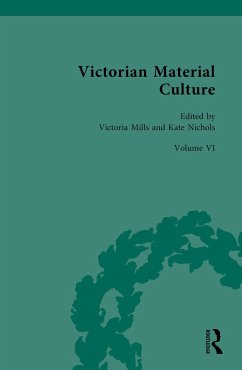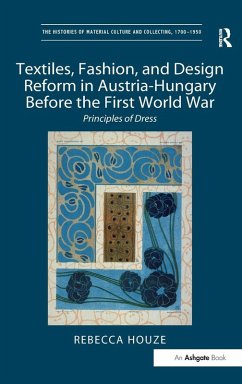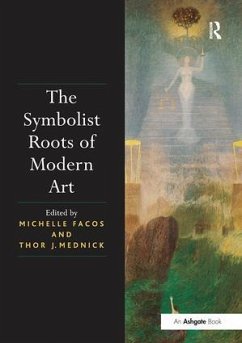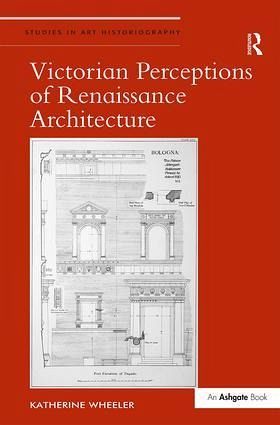
Victorian Perceptions of Renaissance Architecture

PAYBACK Punkte
90 °P sammeln!
In the mid-1880s The Builder, an influential British architectural journal, published an article characterizing Renaissance architecture as a corrupt bastardization of the classical architecture of Greece and Rome. By the turn of the century, however, the same journal praised the Renaissance architect Filippo Brunelleschi as the 'Christopher Columbus of modern architecture.' Victorian Perceptions of Renaissance Architecture, 1850-1914 examines these conflicting characterizations and reveals how the writing of architectural history was intimately tied to the rise of the professional architect a...
In the mid-1880s The Builder, an influential British architectural journal, published an article characterizing Renaissance architecture as a corrupt bastardization of the classical architecture of Greece and Rome. By the turn of the century, however, the same journal praised the Renaissance architect Filippo Brunelleschi as the 'Christopher Columbus of modern architecture.' Victorian Perceptions of Renaissance Architecture, 1850-1914 examines these conflicting characterizations and reveals how the writing of architectural history was intimately tied to the rise of the professional architect and the formalization of architectural education in late nineteenth-century Britain. Drawing on a broad range of evidence, including literary texts, professional journals, university curricula, and census records, Victorian Perceptions reframes works by seminal authors such as John Ruskin, Walter Pater, John Addington Symonds, and Geoffrey Scott alongside those by architect-authors such as William J. Anderson and Reginald Blomfield within contemporary architectural debates. Relevant for architectural historians, as well as literary scholars and those in Victorian studies, Victorian Perceptions reassesses the history of Renaissance architecture within the formation of a modern, British architectural profession.



